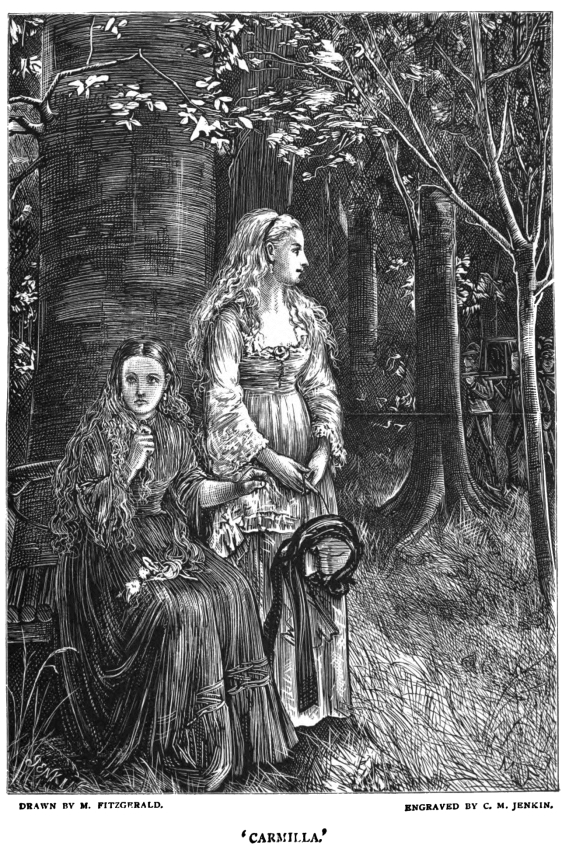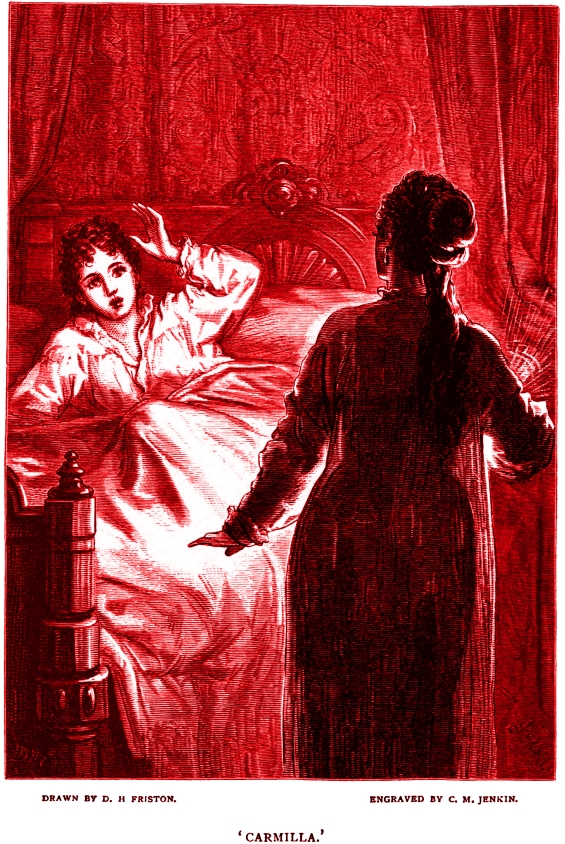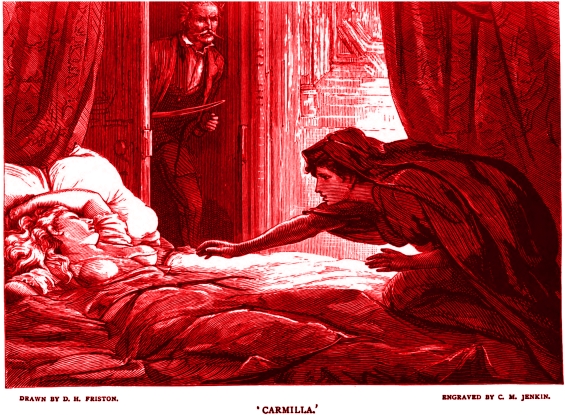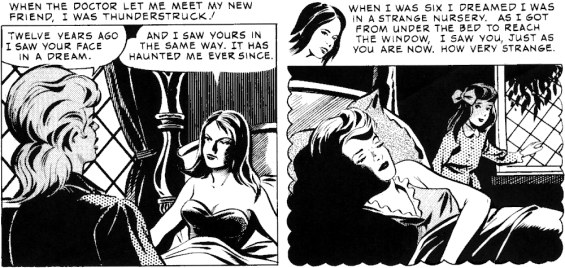
 Gary Gygax, co-creator of Advanced Dungeons & Dragons added, on page 224 of the 1979 Dungeon Masters Guide, a list of “Inspirational And Educational Reading.”
Gary Gygax, co-creator of Advanced Dungeons & Dragons added, on page 224 of the 1979 Dungeon Masters Guide, a list of “Inspirational And Educational Reading.”
Long out of print, but still incredibly relevant, this list of inspirations for the phenomenon that is Dungeons & Dragons, and role-playing games in general, deserves to be better known. There is a Wikipedia entry for the “sources and influences on the development of Dungeons & Dragons”, but there’s nothing like looking at the real thing.
So, here it is in it’s entirety, following it you will find hypertext links to the Wikipedia entries for the specifically mentioned novels and collections (when available).
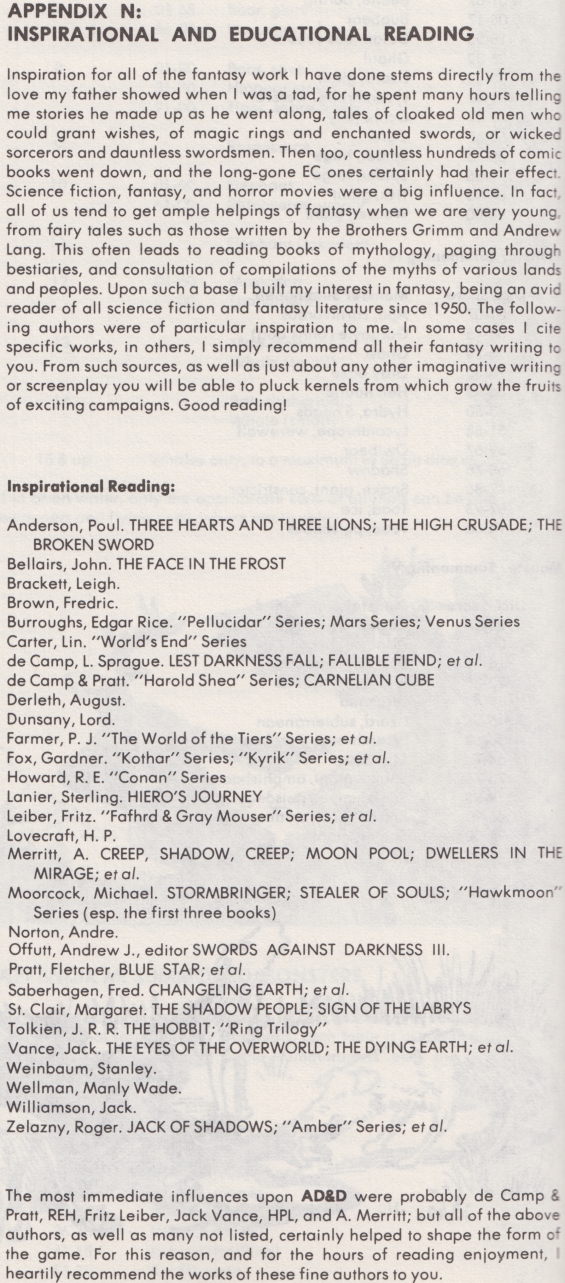
Appendix N lists the following authors and works:
Poul Anderson – THREE HEARTS AND THREE LIONS; THE HIGH CRUSADE; THE BROKEN SWORD
John Bellairs – THE FACE IN THE FROST
Leigh Brackett
Fredric Brown
Edgar Rice Burroughs – “Pellucidar” Series; Mars Series; Venus Series
Lin Carter – “World’s End” Series
L. Sprague de Camp – LEST DARKNESS FALL; FALLIBLE FIEND; et al.
[L. Sprague] de Camp & [Fletcher] Pratt. “Harold Shea” Series; CARNELIAN CUBE
August Derleth
Lord Dunsany
P. J. [Philip Jose] Farmer – “The World of the Tiers” Series; et al.
Gardner [F.] Fox – “Kothar” Series; “Kyrik” Series; et al.
R.E. [Robert E.] Howard – “Conan” Series
Sterling Lanier – HIERO’S JOURNEY
Fritz Leiber – “Fafhrd & Gray Mouser” Series; et al.
H.P. Lovecraft
A. Merritt – CREEP, SHADOW, CREEP; [The] MOON POOL; DWELLERS IN THE MIRAGE; et al.
Michael Moorcock – STORMBRINGER; STEALER OF SOULS; “Hawkmoon” Series (esp. the first three books)
Andre Norton
Andrew J. Offutt – editor SWORDS AGAINST DARKNESS III
Fletcher Pratt – BLUE STAR; et al.
Fred Saberhagen – CHANGELING EARTH; et al.
Margaret St. Clair – THE SHADOW PEOPLE; SIGN OF THE LABRYS
J.R.R. Tolkien – THE HOBBIT; “Ring Trilogy” [aka The Lord Of The Rings]
Jack Vance – THE EYES OF THE OVERWORLD; THE DYING EARTH; et al.
Stanley [G.] Weinbaum
Manly Wade Wellman
Jack Williamson
Roger Zelazny – JACK OF SHADOWS; “Amber” Series; et al.
Now with regards to the audio availability of the works and authors on this list I have composed the following set of notes:
Too few of the novels and collections specifically mentioned above are or ever have been audiobooks. But, there are several that have: the two Jack Vance books, the Tolkien books, of course, and Poul Anderson’s The Broken Sword is available from Downpour.com (narrated by Bronson Pinchot). Unfortunately very few of the remaining bolded titles are in the public domain. One of the interesting exceptions is The Moon Pool by A. Merritt, which is available from LibriVox and narrated by veteran narrator Mark Douglas Nelson.
Of the series, those are the ones mentioned in quotes, I recommend Edgar Rice Burroughs’s first Pellucidar novel, At the Earth’s Core which is available from narrator David Stifel’s site – we also have a podcast discussion of that book HERE. And we did a show on A Princess Of Mars, which is the first audiobook in what Gygax calls the “Mars series.” The audiobook is HERE and the podcast is HERE.
Andre Norton’s work is actually well represented on LibriVox.org, have a look HERE.
Several of Fritz Leiber’s “Fafhrd & Gray Mouser” collections were produced by Audible, HERE. But several of the stories are also public domain and are available on our PDF Page, for turning into audiobooks or podcasts!
Roger Zelazny’s first Amber series book was once available with Roger Zelazny’s narration, today Audible.com has the original ten book series as narrated by Allesandro Juliani.
As for H.P. Lovecraft, Robert E. Howard, and Lord Dunsany, we have done several audiobooks of their stories for The SFFaudio Podcast, available on Podcast Page, so that’s a good place to start.
Further recommendations would have me point you towards the excellent small press audiobook publisher Audio Realms, which has the majority of the great Wayne June’s readings of H.P. Lovecraft. They also have two volumes of Robert E. Howard’s “Weird Works.” Even more Robert E. Howard is available from Tantor Media.
I should also point out that most of the authors listed in Appendix N are now represented somewhere on our PDF Page, a page made up of U.S. public domain stories, poems, plays, novels, essays and comics. Please make some audiobooks, audio dramas, or podcasts from them! We will all be all the richer for it.
Posted by Jesse Willis

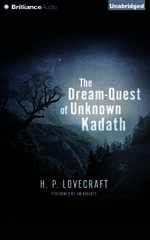 The Dream-quest of Unknown Kadath
The Dream-quest of Unknown Kadath

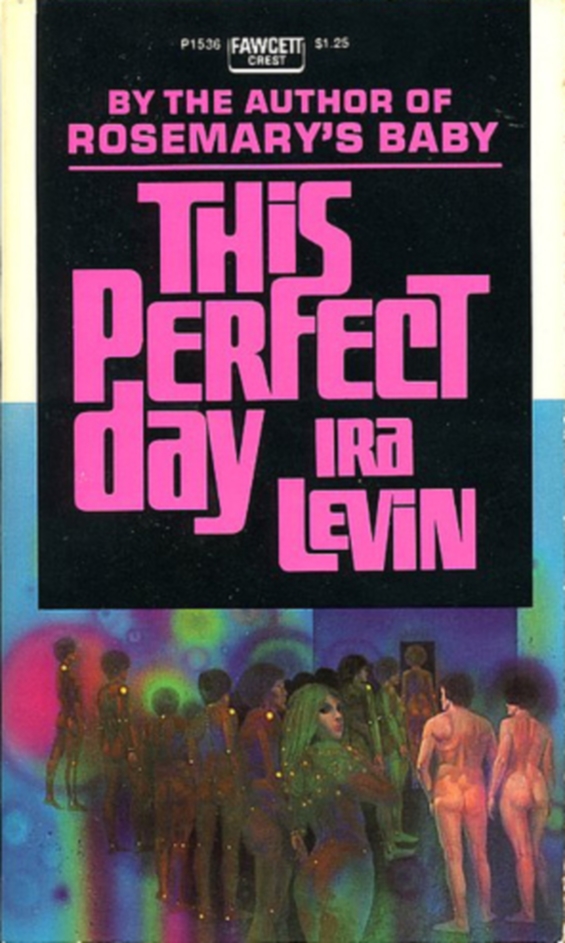


 The Peripheral
The Peripheral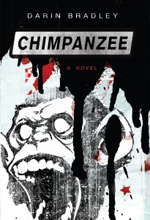 Chimpanzee
Chimpanzee

